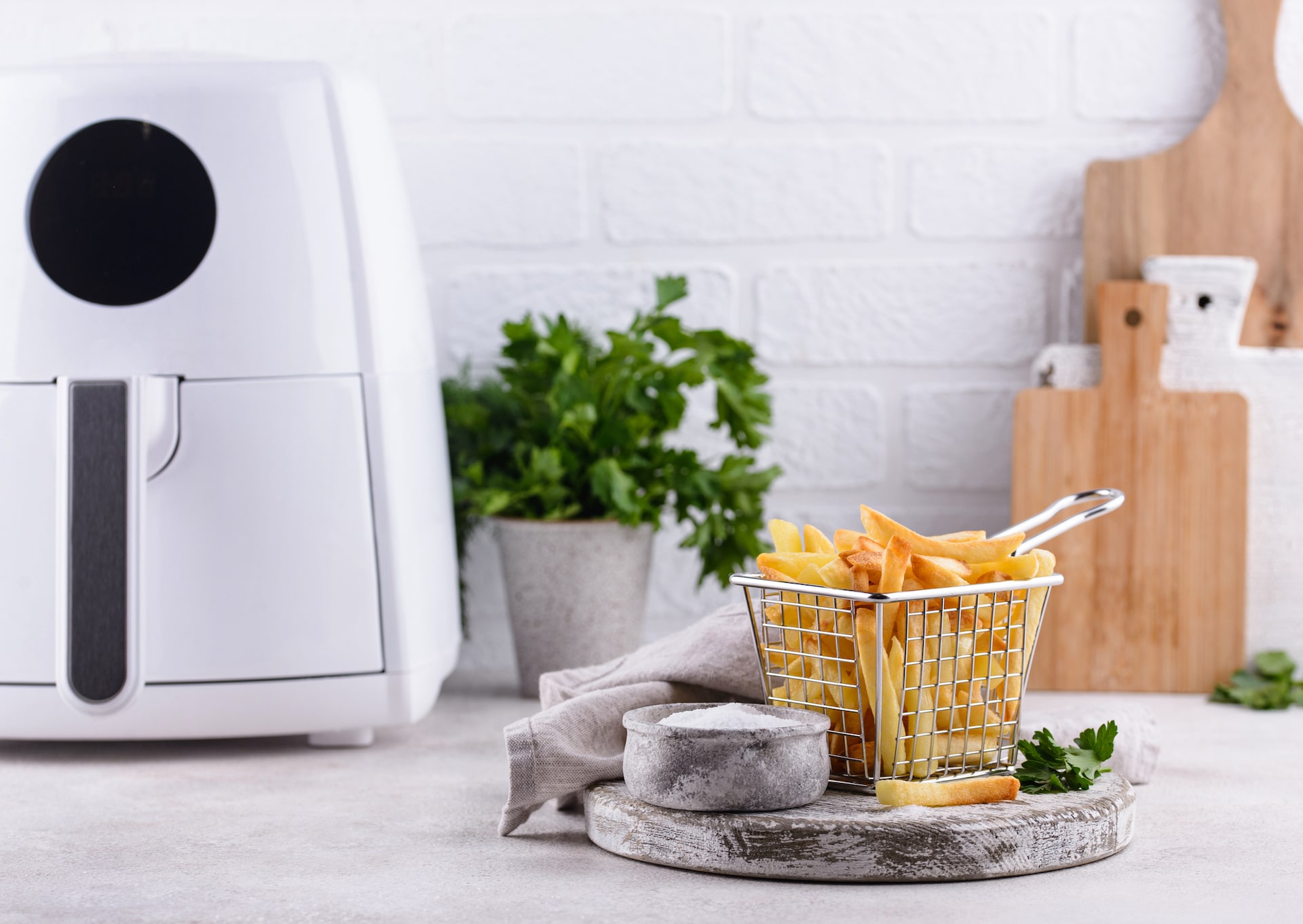This article may contain affiliate links. We may receive a commission for purchases made through these links. Privacy Policy.
Having a dog isn’t like having a goldfish in a bowl or a hamster in a cage. Dogs are so much more than pets – they’re our babies!
They’re our family. They’re our best friends. And they’re really amazing at showing unconditional love.
Like the other members of our families, it’s only natural to want to feed our dogs delicious, healthy food that makes them look and feel good inside and out. But you can not share all of your human food with your dogs. In fact, some foods that are super healthy for humans can actually be toxic to dogs.
Want to make sure you’re not feeding your dog anything that could hurt them?
We will share human foods that are safe and unsafe for dogs to eat.
Can Dogs Eat Pineapple?

Pineapple is delicious and refreshing, and it’s perfectly safe for dogs!
This fruit is loaded with nutrients, including vitamin B1, which can help break down carbs. It also contains vitamin B2, a coenzyme that helps other enzymes function better.
As with all human foods that are safe for pups, your dog should only eat pineapple in moderation. Too much of anything (even if it’s generally safe) can be harmful.
Can Dogs Eat Spinach?
The next time you have spinach on your plate, be careful how much your dog nibbles at it. Spinach isn’t deadly or toxic to dogs, but it is high in oxalic acid, and that can lead to kidney damage if eaten in large amounts.
If your dog likes greens and veggies, it’s much better to feed them peas, green beans, celery and Brussel sprouts. Even broccoli is a better choice than spinach, though dogs should only eat it on occasion.
Some other veggies to avoid feeding your dog include mushrooms, onions, and asparagus.
Certain types of onions and mushrooms can actually be poisonous to pups.
Related: The 9 Best Grain-Free Dog Foods
Can Dogs Eat Shrimp?
If you’re going to feed your dog shrimp, make sure the shrimp is fully cooked and that all shells and tails are removed. Never feed any dog, or human for that matter, an uncooked or undercooked piece of shrimp!
For the dog that loves fish, you can also feed them small amounts of tuna and salmon. In order to keep your dog safe, avoid small fish, like sardines, and make sure that all bones and shells are fully removed, so there are no choking hazards.
Can Dogs Eat Cheese?

Not only is cheese safe for dogs, but it’s a great vehicle for delivering a pup medicine that they may not be willing to take on their own—a lot of dog trainers, even cubes of cheese as a training tool.
When feeding your dog cheese, it’s best to stick to low-fat options, like goat cheese and mozzarella. Keep in mind, just like people, dogs can be lactose intolerant.
If your dog seems to have trouble digesting cheese the first time they have it, it’s best to speak with your vet before feeding it to them again.
Can Dogs Eat Eggs?
As long as they’re cooked, dogs can eat eggs. They’re loaded with protein, and while they do contain cholesterol, it’s actually good cholesterol. Raw eggs can be dangerous, so always make sure they’re fully cooked!
Trying to get more healthy proteins into your dog’s diet? It’s also safe to feed them peanut butter, pork, chicken and turkey as healthy, effective protein sources.
Can Dogs Eat Carrots?
If your dog loves to chew on things, it’s time to serve up some carrots! They’re low in calories, they’re high in fiber, and they provide that crunch that most dogs love.
When puppies are teething, frozen carrots can even be used as a way to alleviate discomfort. Carrots get bonus points as dog snacks because all that crunching and chewing can also be beneficial to your dog’s dental health!
As with all fruits and veggies, make sure they’re properly washed, cleaned and peeled before feeding them to your dog.
Can Dogs Eat Oranges?
Oranges are not toxic, but they are high in sugar, so dogs should only consume them in small, moderate amounts. Too many oranges (or clementines or tangerines) can cause GI problems in pups.
And while oranges may be safe to eat, there are some fruits that are toxic to pets, such as raisins and grapes. Never feed your dog raisins or grapes or any food that contains them, even if it’s in trace amounts.
Can Dogs Eat Strawberries?

Generally speaking, dogs can eat strawberries – again, in moderation. Their fiber content helps with digestion and their Omega-3s are good for their skin and coat.
Just remember, strawberries contain sugar. Canned and processed berries contain even more sugars and artificial ingredients, so if you want to feed your pup some berries, stick to fresh ones. It’s even better to feed them organic berries that haven’t been treated with any preservatives or herbicides.
If you want to feed your dog some fruit, apples are a better choice. They’re crunchy and satisfying, like carrots, and they are a great source of fiber, vitamin A and vitamin C. Just make sure they don’t eat any apple seeds or chew on the core – these contain cyanide and can be deadly.
You might also be interested in: Is Pet Insurance Worth it? [How to Protect your Fur Babies]
Human Foods Okay for Your Dog in Moderation
There are some foods that are okay for dogs to eat, but not recommended, just like humans. Meaning if a few drops fall on the floor, it won’t cause major issues but should be avoided if possible.
Sara Ochoa, Veterinary Consultant for Dog Lab, shares “Anything that is not fatty or greasy is okay to feed to your dog in moderation. A small piece of chicken breast that has been cooked is perfectly fine for your dog to eat.”
Ochoa continues, “If they have a sensitive stomach or vomit after eating people’s food, try to stick to strictly dog food.”
Here are foods that okay in moderation for your dog to eat:
- Avocados
- Boiled chicken
- Bread
- Rice
- Scrambled Eggs
Human Foods Your Dog Should NEVER Eat
No matter how much your dog may want to eat from your plate, there are some foods that you should avoid feeding them at all costs:
- Almonds
- Anything with alcohol
- Avocado Pits
- Caffeine
- Chocolate
- Citrus
- Coconut
- Corn Cobs
- Garlic
- Grapes and Raisins
- Leeks
- Macadamia nuts
- Milk or other dairy products
- Onions
- Peaches and plums
- Raw meat
- Salty snacks
- Wild Mushrooms
- Xylitol (Gum and Candy)
- Yeast dough
If your dog does end up eating these foods, the side effects range from vomiting to seizures to liver failure and in some cases, death. It’s important to keep any food out of sight when you are not around and keep your canines healthy and happy!
To play it safe, consult with your veterinarian before feeding your dog any sort of human food. And remember, even foods that are safe should only be consumed in moderation.
Which Human Foods are Safe for Dogs?
Never feed your dog any type of human food unless you are 100% certain that it is not toxic to their breed.
If you’re considering giving your dog a treat off your plate but aren’t sure if it’s safe, consult the ASPCA or AKC websites for their lists of toxic and harmful human foods that dogs should never eat.
And if your dog ever eats something dangerous by accident, call the Pet Poison Helpline immediately.
When it comes to your furry family member, it’s always better to be safe than sorry.
You might also be interested in: 14 Houseplants Safe for Cats (and Dogs)
Jessica Heston
view postJessica Heston
After 15 years in the fashion industry, this Philadelphia native ditched her corporate career to focus on writing full time. Jessica is a TV junkie, whiskey lover and true crime addict. She finds inspiration from Broadway musicals, Hitchcock films and The Beatles. She is happily married without children, which she credits as the reason for her professional success, youthful attitude and solid eight hours of sleep every night.
view post








